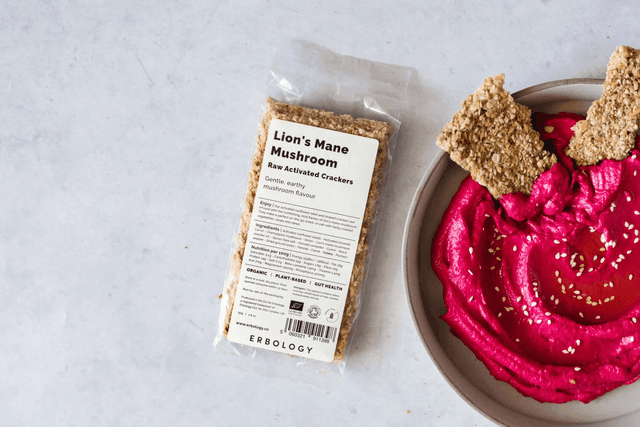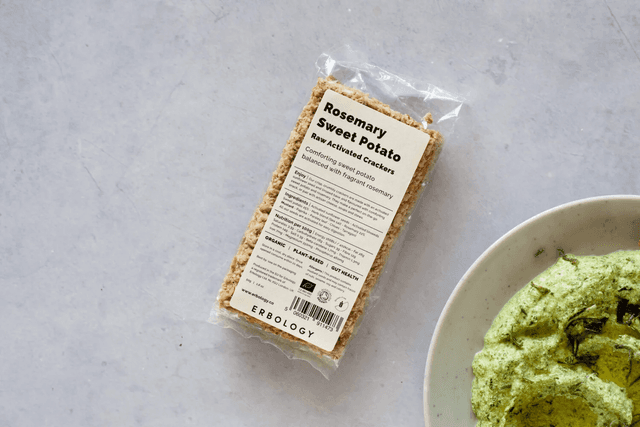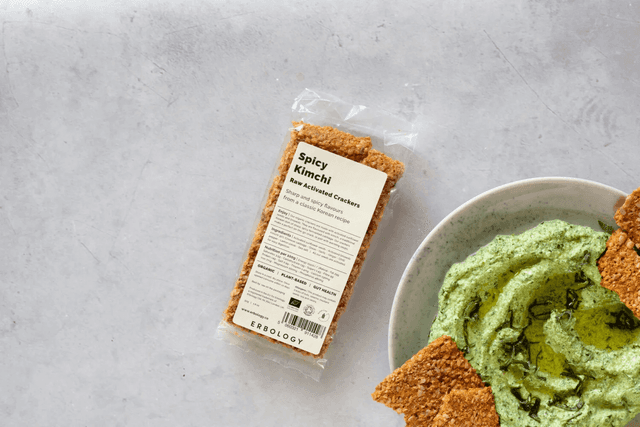28 Jan 2022
Are folate and folic acid the same thing?
<h3>What is folate?</h3>
<p>Folate is the naturally-occurring version of vitamin B9. It’s a water-soluble vitamin which we need for various processes in our bodies. For example, folate helps us metabolise proteins, make DNA and RNA, and produce healthy red blood cells.</p>
<p>It also allows us to break down an amino acid called homocysteine, which can cause damage if levels in the body get too high.(1)</p>
<p>During pregnancy, it’s especially important to get enough folate as it is vital for the healthy development of the foetus.</p>
<p>Folate is considered an essential vitamin, as we can’t produce it ourselves.</p>
<p>You may also hear folate referred to in the plural as ‘folates’. This is because there are a few different types of vitamin B9 with different chemical structures.(2) These include:</p>
<ul>
<li>Dihydrofolate (DHF)</li>
<li>Tetrahydrofolate (THF)</li>
<li>5, 10-methylenetetrahydrofolate (5, 10-Methylene-THF)</li>
<li>5-methyltetrahydrofolate (5-Methyl-THF or 5-MTHF)</li>
</ul>
<h3>Where can you find folate?</h3>
<p>The name folate comes from the Latin word <em>folium</em>, which means ‘leafy’. This is because dark green leafy vegetables like spinach, Brussels sprouts and broccoli are an excellent natural source of folate.</p>
<p>However, you can find folate in other natural foods as well.</p>
<p>If you eat meat and dairy, you can source folate from liver, seafood and eggs. Meanwhile if you follow a plant-based diet, stock up on beans, peanuts, fresh fruit and sunflower seeds.(1)</p>
<h3>What is folic acid?</h3>
<p>On the other hand, folic acid is the synthetic version of vitamin B9. Unlike folate, folic acid has to be manufactured.</p>
<p>It is available as a supplement (such as tablets, gummies or capsules). Additionally, many producers of basic foods such as cereals, flours, pasta and rice fortify their products with folic acid.</p>
<p><img src="https://erbology.health/storage/images/2021/06/Organic_Almond_Biscotti_Ingredients-1024x683.jpg" alt="almond biscotti recipe" width="1024" height="683"/></p>
<h3>Folic acid in fortified foods</h3>
<p>It is very common for nations to fortify food products with vitamins and minerals as part of an effort to improve public health.</p>
<p>For example, since the Second World War, British flour has been fortified with calcium, iron and vitamins B1 and B3 (thiamin and niacin).(4)</p>
<p>In the USA it has been mandatory to enrich wheat flour with folic acid since 1998.(3) Canada, South Africa, Costa Rica, Chile, Argentina and Brazil have similar policies around folic acid fortification.</p>
<p>The UK has been slightly late to the party. The government only announced that it would be mandatory to fortify non-wholemeal wheat flour with folic acid in September 2021.(4)</p>
<h3>Are folate and folic acid the same?</h3>
<p>Folic acid performs the same function in the body as folate. However there are differences firstly in how it is made and secondly in how the body absorbs it.</p>
<p>Folates from food are naturally quite unstable. That means that the ways we process food sources (like cooking our vegetables) can decrease the amount we’re able to absorb.</p>
<p>Scientists estimate that cooking our veg can destroy around 40% of the folates present in the raw plant. Meanwhile, milling and baking our grains removes up to 70% of the original folate content.(5)</p>
<p>Meanwhile, folic acid is absorbed twice as well as folate from food.(5)</p>
<p>So, while you can get your vitamin B9 from natural or synthetic sources, the amount you need to consume to meet your daily requirement is different.</p>
<h3>Related reading</h3>
<ul>
<li><a href="https://erbology.co/us/b-vitamin-foods/">What foods have B vitamins?</a></li>
<li><a href="https://erbology.co/us/essential-minerals-foods/">Mineral rich foods: which whole foods to eat for your daily minerals</a></li>
</ul>
<p><img src="https://erbology.health/storage/images/2021/05/R5D30286-1024x683.jpg" alt="cauliflower steaks ingredients" width="1024" height="683"/></p>


